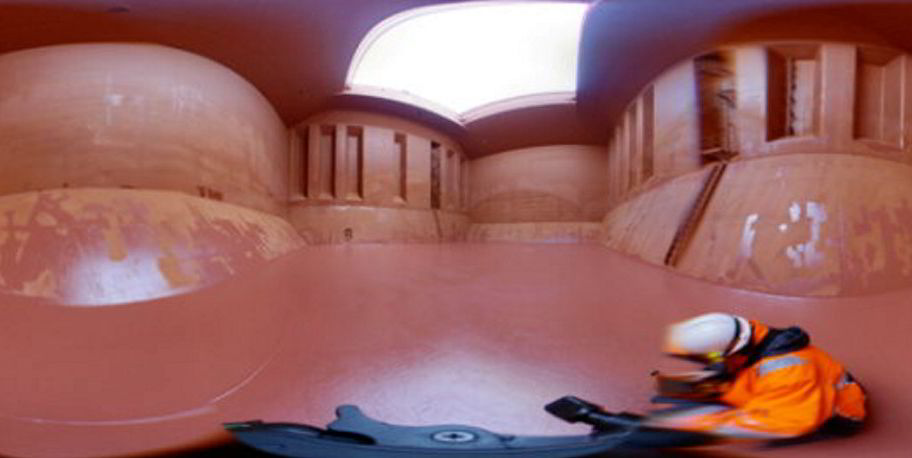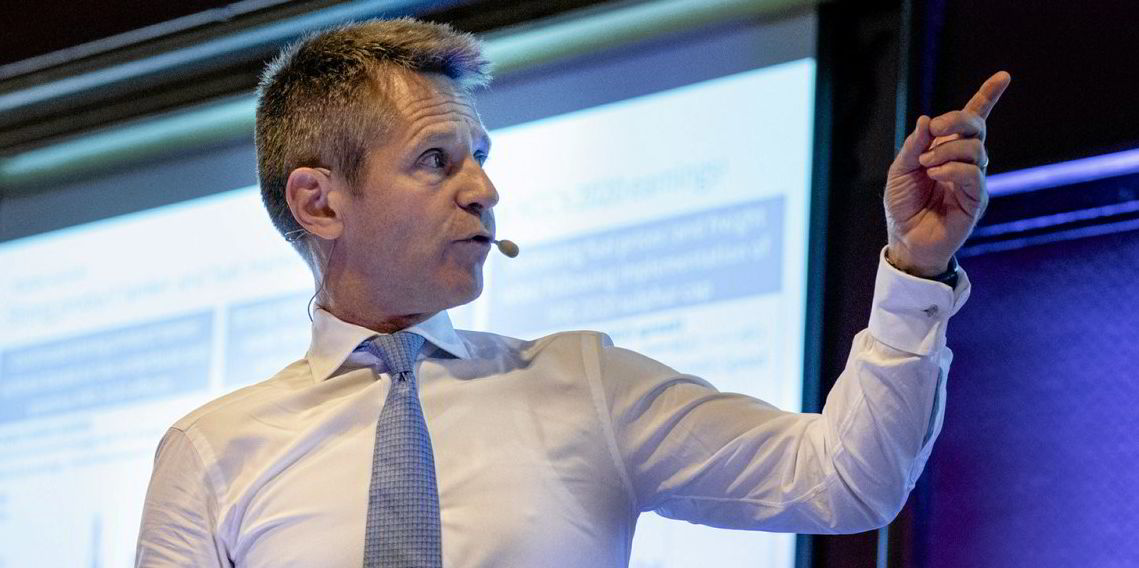Vitol has approved Klaveness Combination Carriers (KCC)'s first completely digital ship inspection.
The Norwegian shipowner said one of its Cleanbu dry and wet combination vessels was cleared to load clean petroleum following a check by Maritime Expert Ireland.
The inspection of cargo tanks was completely remote, with the surveyors scrutinising high-quality 3D photos from each hold.
These shots were taken by the crew and uploaded on Norwegian class society DNV's Veracity platform.
"This replaced attending the vessel and physically inspecting the cargo tanks," said KCC.
All parties involved identified three key advantages to the remote process.
With safety as a top priority, third-party service providers were safeguarded by eliminating the everyday risks of work at sea and entering holds, as well as reducing the risk of Covid-19 transmission, KCC said.
Time and carbon saved
Valuable time was saved by excluding waiting periods due to weather and other challenges that typically hinder surveyors from getting aboard.
And finally, carbon footprints were cut by avoiding the need to travel to the vessel.
"In addition, we reduced fuel consumption through less waiting time and shorter conversion time from dry bulk to tanker mode," KCC said.
The company's fleet can carry both oil products and dry bulk, reducing ballast legs.
This allows the ships to emit 40% less CO2 per transported tonne compared with standard tanker and dry bulk vessels.
In November, the Oslo-listed owner banked NOK 213m ($25m) from what it claimed was shipping's first share sale aimed at funding emission-reduction efforts.
KCC said the money from the private equity placement will be directed at making the existing fleet more energy-efficient.






